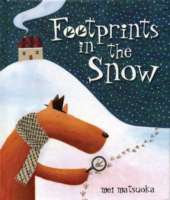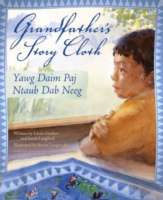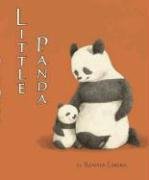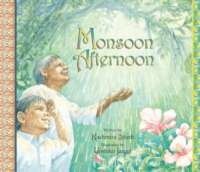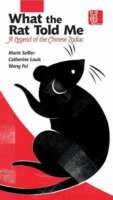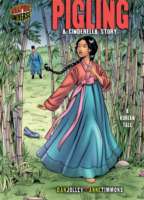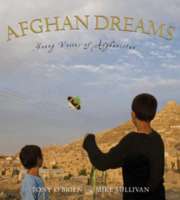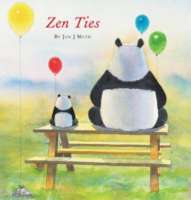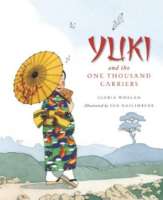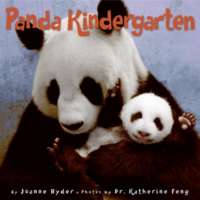
School is in session! But this is no ordinary kindergarten class. Meet sixteen young giant panda cubs at the China Conservation and Research Center for the Giant Panda at the Wolong Nature Preserve. The cubs are raised together from infancy in a protected setting, where they grow strong. Under the watchful eyes of the scientists and workers, the cubs learn skills that will help prepare them to be released into the wild.

